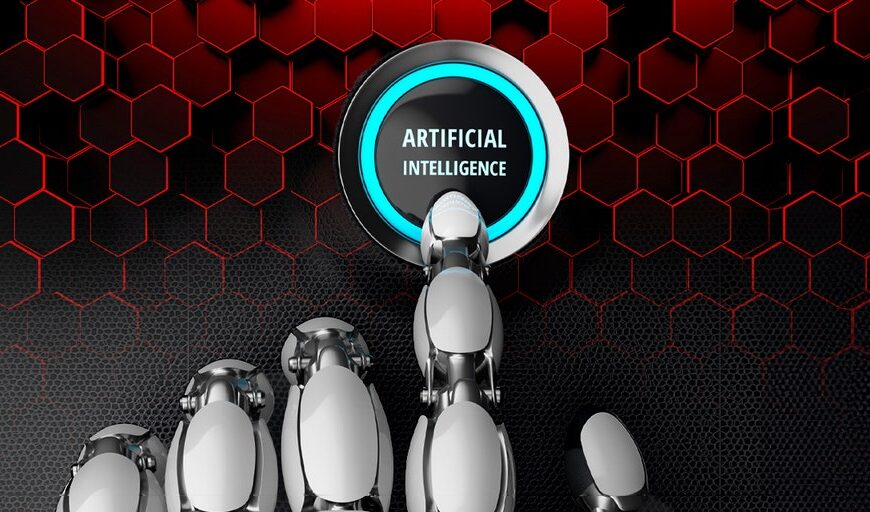Contrary to narratives of low employment rates, the technology sector is currently undergoing significant cutbacks, causing ripples throughout the industry. IT professionals, accustomed to higher salaries and job security, are particularly impacted by this trend due to their lack of proficiency in utilizing AI tools.
The emergence of these new technologies has sparked inquiries but also presents a crucial opportunity for educators to recognize their potential and align with international competitors.
While traditional careers in fields such as telecommunications and basic IT are on the decline, there is a rising demand for expertise in areas like cybersecurity, artificial intelligence, and data technology. This shift is driven by the widespread integration of AI in various sectors, streamlining repetitive tasks and creating new prospects for individuals with advanced skills.
Some individuals express concerns that AI could entirely replace human workers, but this notion is fundamentally flawed. AI is not meant to supplant humans but rather to serve as a powerful tool that can augment human abilities and unlock new avenues for progress.
Artificial intelligence is envisioned as a groundbreaking tool for human advancement. Just as calculators did not eradicate the need for arithmetic or computers for literacy skills, AI will not make human intelligence redundant. Instead, it will elevate us to unprecedented levels of innovation and problem-solving.
Envision a future where AI accelerates the development of life-saving drugs, facilitates early cancer detection, and enhances precision in various fields. This is not mere science fiction; it signifies the tangible potential that AI is currently unlocking. With the requisite knowledge and skills, these advancements can continue to flourish and benefit society.
Education plays a pivotal role in this transformative process. The United States must bridge the knowledge gap by integrating IoT education across all educational levels, from primary schools to universities. Teaching students how to leverage, create, and enhance artificial tools is no longer a choice but a necessity for maintaining the country’s global leadership across industries.
Educators should explore how AI can personalize learning experiences and provide tailored instruction to meet diverse student needs. Organizations like the International Society for Technology in Education and the Consortium for School Networking offer resources and avenues for professional development to assist teachers in effectively integrating AI into their teaching practices.
Furthermore, schools can tap into the expertise of AI specialists to stay abreast of the latest trends and methodologies. By sharing best practices and insights on incorporating technology into classrooms, educators can collectively enhance the learning environment with AI.
AI has the potential to revolutionize and personalize the educational landscape. Picture students immersing themselves in AI-powered historical simulations or mastering complex scientific concepts with personalized AI tutors. By adopting tools that customize learning experiences and foster deeper engagement, the American education system can undergo a profound transformation with AI at its core.
However, integrating AI into education transcends technical skills; it necessitates instilling critical thinking, social consciousness, and creativity in students. While AI is a potent tool, its impact hinges on how individuals intend to use and value it. Therefore, American schools must cultivate responsible citizens capable of harnessing AI’s power for the greater good and mitigating potential misuse.
The United States has a rich history of championing technological advancements globally. With countries like China already at the forefront of integrating AI into education, America cannot afford to lag behind in this technological wave. By introducing AI into American schools, we can inspire future generations to tackle global challenges and pave the way for a brighter future.
This serves as a clarion call to American educators, policymakers, and industry leaders to collaborate, invest, and prioritize AI education. Equipping our students with the knowledge and competencies required to thrive in an AI-driven world is imperative to prevent falling behind.
The future is promising, but seizing its potential requires proactive engagement with AI. This imperative resonates strongly within the American context.
Carl Szabo’s bio can be accessed below.
Carl Szabo is a professor of cyber law at Antonin Scalia Law School, George Mason University, and serves as the Vice President of Public Policy at NetChoice.










